Marine industry, Water supply and drainage, fire fighting, shipbuilding, water treatment and other systems, DN15 to D2000, NBR/EPDM/VITON, Certificates & Approvals: DNV-GL, Lloyds, DNV, ABS, BV, Standards: EN 593, API609
FEEDBACK
Ball valve (TH-BAV)
Ball valve is a valve whose opening and closing parts (balls) are driven by a valve stem and rotates around the axis of the ball valve. It can also be used for fluid regulation and control. The ball valve is mainly used in the pipeline to cut off, distribute and change the flow direction of the medium. It only needs to be operated with a rotation of 90 degrees and a small torque to close tightly. Ball valves are most suitable for switching and shut-off valves
With the continuous improvement of production technology and product structure, ball valves have rapidly developed into a major type of valve, and the use of ball valves is increasing year by year.
Area of application
Petroleum refining, long-distance pipeline, chemical industry, paper-making, pharmaceutical, water conservancy, electric power, municipal, steel and other industries,
Data sheet of Ball valve:
| Type: | Multi-Flange Wafer |
|---|---|
| Size & Connections: | DN15 to D250 |
| Medium: | Water, Seawater, steam, oil, nitric acid, acetic acid, oxidizing media, urea and other media |
| Materials: | Cast Iron / Ductile Iron/ Carbon Steel / Stainless Steel / Alu Bronze |
| Pressure Rating: | PN10, PN16 |
| Temperature: | -196℃~540℃ |
| Seat/Lining: | Replaceable Liner / Bonded Liner NBR/EPDM/VITON |
| Certificates & Approvals: | DNV-GL, Lloyds, DNV, ABS, BV Type Approval 3.1 & 3.2 Cert (on request) |
Standards
- DIN 3357, DIN3202,
- DIN 2533,
- ISO5208, BS EN1092
- BS5153 (BS EN 558-1 Series 10)
Material of Ball valve Parts
| Part name | Material |
|---|---|
| Body | Cast Iron; Ductile Iron; Stainless Steel; Carbon steel |
| Disc / Flap | Stainless Steel; Carbon steel; Bronze |
| Shaft / stem | Brass, Stainless Steel Monel; Stainless Steel Inconel |
| Seat / lining | NBR/EPDM/VITON |
| Bolts | Carbon steel |
| Nuts | Stainless steel |
| Gasket/Packing | PTFE |
| Circlip | Carbon Steel |
| Bushing/ring | Cast Brass |
Actuation
- Hand lever
- Worm-gear/hand-wheel
- Electric-actuator
- Pneumatic-actuator
- Hydraulic-actuator
Ball valve features
Advantages:
- Has the lowest flow resistance (actually 0)
- Can be reliably used in corrosive media and low-boiling liquids
- It can achieve complete sealing in a large pressure and temperature range
- Can achieve fast opening and closing, no impact operation
- The spherical closure can be automatically positioned at the boundary position
- The working medium is reliably sealed on both sides
- The medium passing through the valve at high speed will not cause corrosion of the sealing surface
- Compact structure and light weight, it can be considered as the most reasonable valve structure for low temperature medium system
- The valve body is symmetrical, especially the welded valve body structure, can well bear the stress from the pipeline
- The closing piece can withstand the high pressure difference when closing
- The ball valve with fully welded body can be buried directly underground, so that the internal parts of the valve are not eroded, and the maximum service life can reach 30 years. It is the most ideal valve for oil and natural gas pipelines.
Disadvantages:
- Because the main seat sealing material of ball valve is PTFE, whenit becomes hard, the reliability of the seal will be destroyed. It can only be used at less than 180℃. In the case of long-term use, it is generally only used at 120 ℃.
- Its regulating performance is worse than that of globe valve
Related types of valves:
We can also produce gate valve, check valve, globe valve, knife gate valve with API, JIS, DIN standard, used in Oil, Gas, Marine industry, Water supply and drainage, fire fighting, shipbuilding, water treatment and other systems, with Nominal Diameter of DN50 to DN1200, NBR/EPDM/VITON, Certificates & Approvals: DNV-GL, Lloyds, DNV, BV, API, ABS, CCS. Standards: EN 593, API609, API6D,

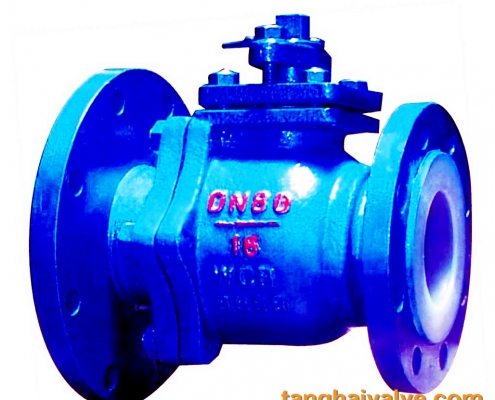
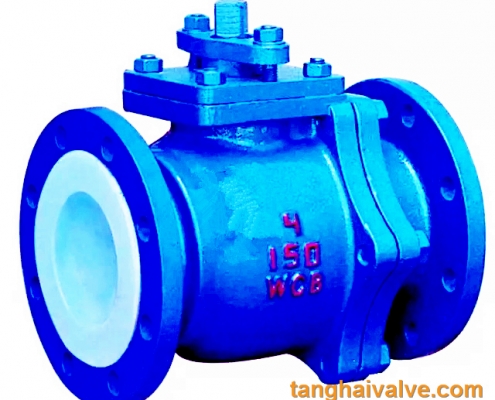
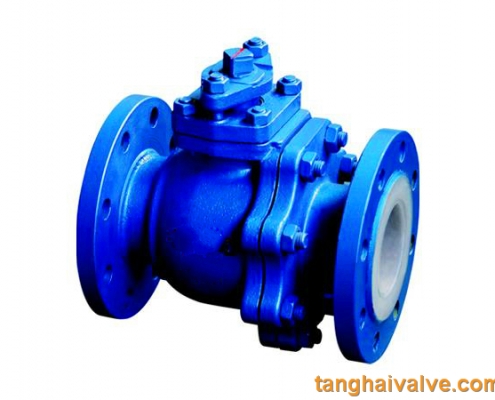
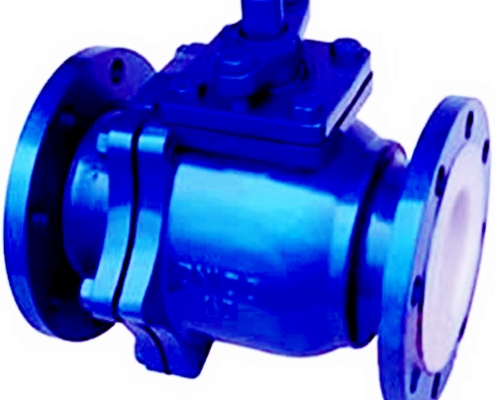
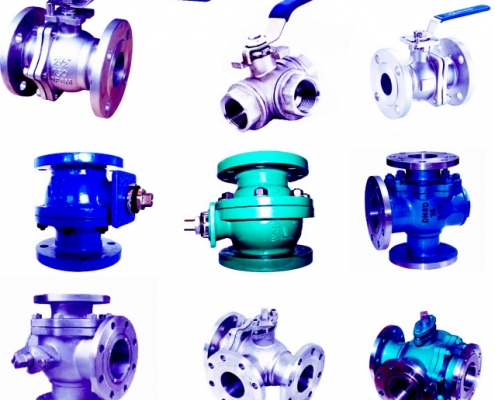
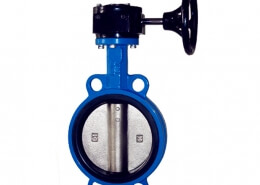 tanghaivalve.com
tanghaivalve.com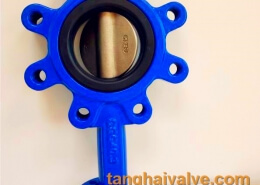 tanghaivalve.com
tanghaivalve.com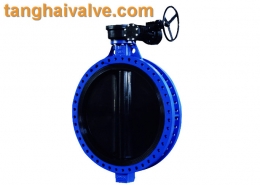 tanghaivalve.com
tanghaivalve.com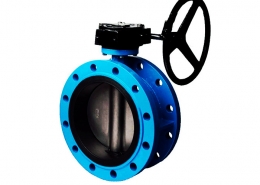 tanghaivalve.com
tanghaivalve.com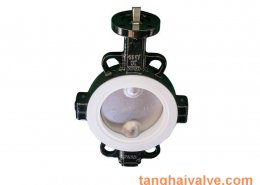 tanghaivalve.com
tanghaivalve.com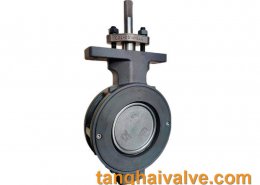
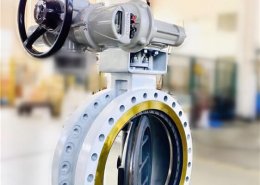 tanghaivalve.com
tanghaivalve.com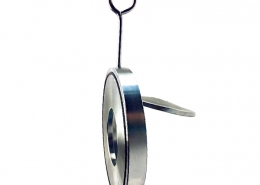 tanghaivalve.com
tanghaivalve.com

 © Copyright 2020 Tianjin Tanghaidongyang Valve Co., Ltd. All Rights Reserved.
© Copyright 2020 Tianjin Tanghaidongyang Valve Co., Ltd. All Rights Reserved. tanghaivalve.com
tanghaivalve.com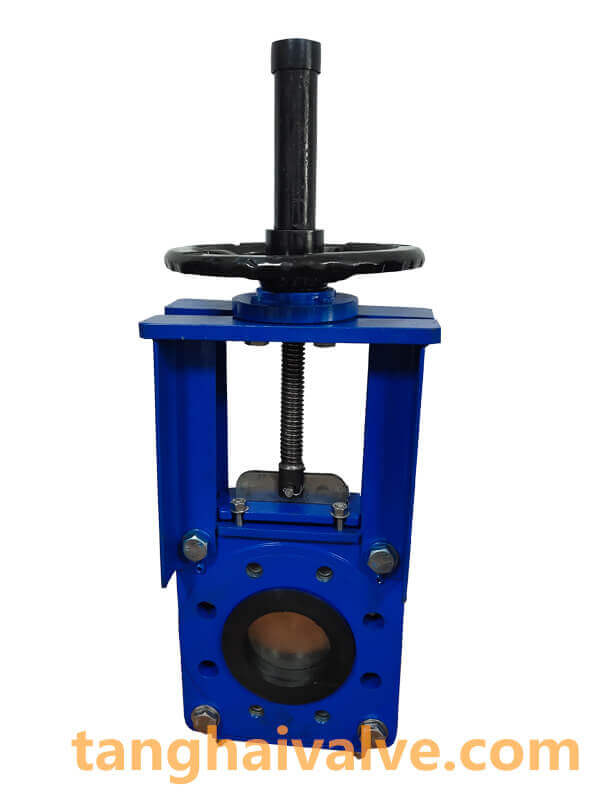 tanghaivalve.com
tanghaivalve.com